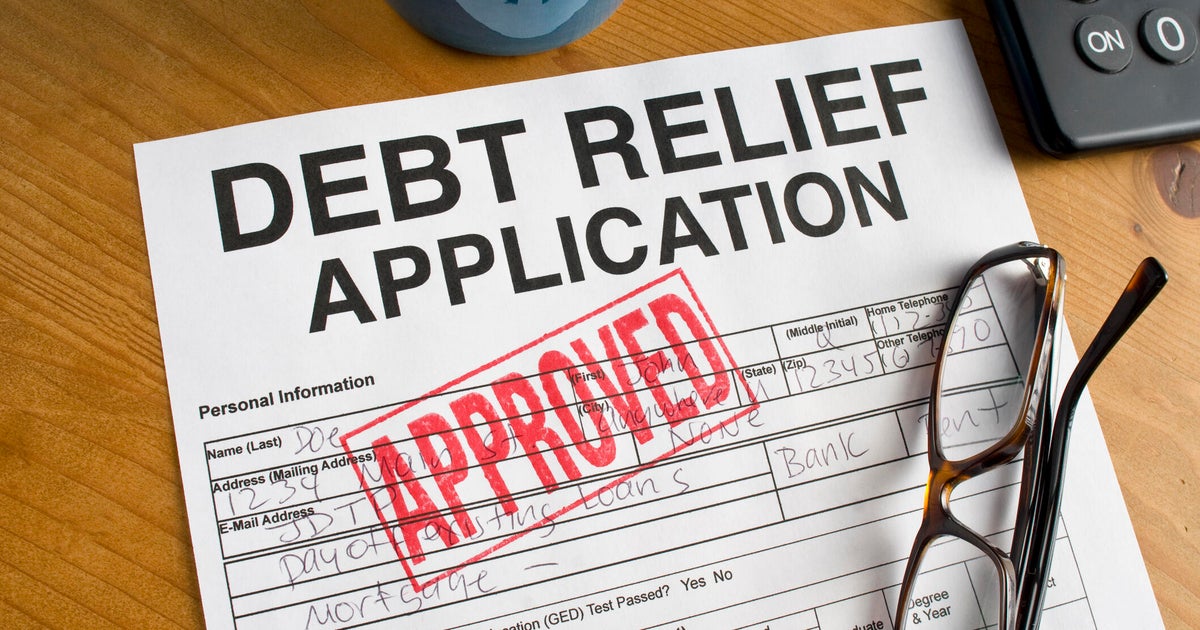Being sued over your delinquent credit card debt? Here's what to do
No matter how careful you are about your finances, it's easy to find yourself in over your head with credit card debt. The convenience of plastic can lull you into a false sense of financial security, leading to overspending and the accumulation of high-interest balances. And before you know it, what started as a simple way to manage expenses can spiral into a daunting financial burden.
The situation has become even more precarious in recent years as credit card interest rates have climbed to near-record highs. After all, as the cost of borrowing increases, so does the difficulty of paying down existing debts. In turn, many cardholders find themselves trapped in a cycle of making minimum payments that barely cover the accruing interest, let alone chip away at the principal balance.
And if you've already fallen behind on your credit card payments, the repercussions can include the threat of legal action. While being sued is serious, the good news is that there are steps you can take to protect yourself and work toward resolving your credit card debt issues, even in the face of legal action.
Trying to get rid of old credit card debt? Find out what your debt relief options are now.
What to do when being sued over delinquent credit card debt
If you're being sued over your credit card debt, it could help to take the following steps:
Verify the debt details
The first step when faced with a lawsuit over credit card debt is to ensure that the debt in question is yours and that the amount being claimed is accurate. To do this, request a debt validation from the creditor or collection agency. This should include details about the original creditor, the amount owed and when the debt was incurred.
You should also check the statute of limitations for credit card debt in your state. If the debt is older than this time limit, it may be considered "time-barred," and the creditor may not have the legal right to sue you for payment. It also makes sense to review your own records and credit reports to cross-reference the information provided.
Don't let your credit card debt issues compound. Take action with the right debt relief strategy now.
Consider your options
You generally have three main options when sued for credit card debt:
Try to fight the lawsuit
If you have a strong defense or don't believe you owe the money, you may choose to fight the case in court. If you want to take this route, it may be worth consulting with a consumer law attorney first. They can help you understand your rights, evaluate your options and potentially represent you in court if necessary.
An attorney can also help you identify any violations of consumer protection laws by the creditor or debt collector, which could strengthen your position or even lead to the case being dismissed. And they can help you file a written response with the court before the deadline specified in the summons.
Try to settle the debt
You can also try to negotiate a settlement with the creditor for less than the full amount owed. In this case, you may want to seriously consider enrolling in a credit card debt forgiveness program through a debt relief company to take advantage of what it can offer you.
When you enroll in a debt forgiveness program, the experts will try and negotiate with your creditors to settle the debt for less than the full amount owed, typically in return for a lump sum payment on the account. This can be an effective way to resolve your debt and avoid the courtroom, but it does come with risks, including potential damage to your credit score.
File for bankruptcy
In some cases, bankruptcy might be the best option to deal with overwhelming amounts of credit card debt. There are two types of bankruptcies to consider in this case:
- Chapter 7: Often called "liquidation bankruptcy," it can eliminate most unsecured debts, including credit card debt.
- Chapter 13: Known as "reorganization bankruptcy," it allows you to keep your assets while setting up a repayment plan over three to five years.
Once filed, creditors must cease all collection activities, including lawsuits — so by filing for bankruptcy, you may be able to halt the legal actions against you. However, filing for bankruptcy also comes with serious financial and credit repercussions, so it's important to do your homework and consider all of the potential repercussions before doing so.
Prepare for the aftermath
Whether you decide to settle with your creditors or pursue the case in court, make sure you're prepared for the impact the situation will have on your credit score. No matter the outcome, having delinquent credit card debt reflected on your credit report is damaging to your finances, so it's important to start planning how you'll rebuild moving forward.
The bottom line
Being sued over credit card debt is a serious matter, but it's not the end of the world. By taking prompt, informed action, you can work toward resolving your debt issues and rebuilding your financial health. Whether it's settling your debt, mounting a legal defense or filing for bankruptcy, there are options available to help you navigate this challenging situation and move toward a more stable financial future.






